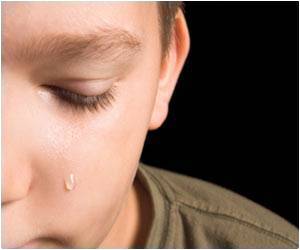A study has demonstrated for the first time ever that the effects of maternal depression on the likelihood of the child to develop depression may begin as early as infancy.

Lynne Murray and her British colleagues studied 100 mothers (ranging from 18 to 42 years of age), 58 with postpartum depression, and the likelihood of their children to develop depression over a 16-year period.
And they discovered that children of postnatally depressed mothers were at substantially increased risk for depression. In fact, offspring's rate of depression by age 16 was more than 40 pc with the average age of first onset of depression at age 14.
Interestingly, the researchers found that some years before the onset of depression, an associated impairment of the children's attachment to their mother during infancy. In addition, lower child ego resilience, measured at years 5 and 8, were associated with the increased risk of depression. Marital conflict and further maternal depression, extending beyond the postnatal period, were significantly associated with offspring lifetime depression.
The researchers concluded, "The substantially raised risk for depression among offspring of postnatally depressed mothers underlines the importance of screening for PND and of delivering early interventions."
The study has been published in the Journal of the American Academy of Child and Adolescent Psychiatry (JAACAP).
Advertisement














